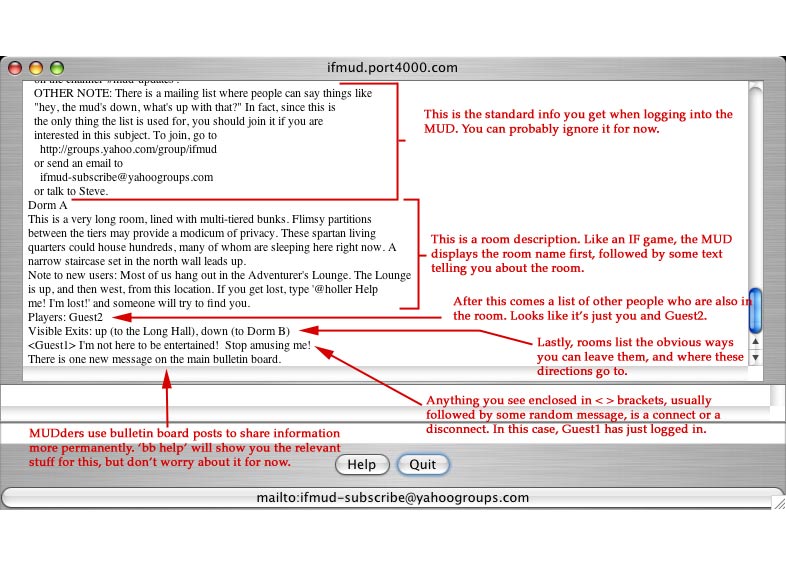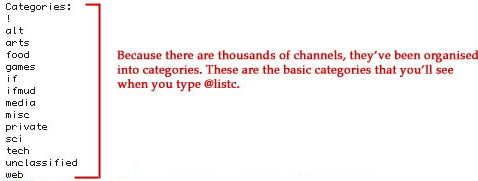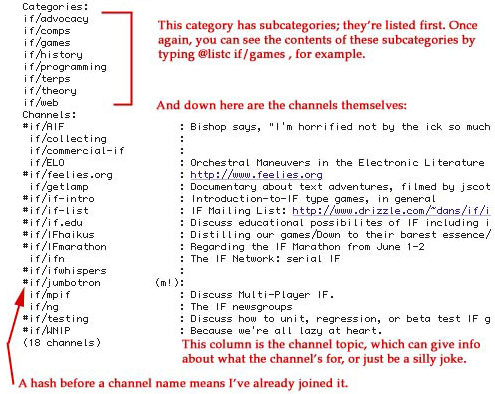If you haven't set your gender, then the ifMUD will refer to you as 'it'. To set your gender, use the command @gender. It has a few uses...
@gender - On its own, @gender will show your current setting. @gender list - This will list the available genders you can use. @gender <name of gender> - This will set your gender.
If you look at the @gender list, you'll note that there is also a custom gender setting. If you choose the custom gender, you can customize the output by setting the fields cgender_name, cgender_s, cgender_p, cgender_o, cgender_a, and cgender_r on yourself (type 'help subs-list' for details on the usage of these substitutions - cgender_s defines the %s substitution, etc). Note that these fields are only used when your gender is set to custom.
The @gender command was added in 2016. Previously, gender was assigned as a flag of male or female (though both could be set at the same time). While the male and female flags are now deprecated, there are still a number of other flags which exist to define user preferences in ifMUD. You can see the list of flags available by typing:
help flagsYou can set a flag by typing @set me = <name of flag>. To clear a flag that you've set, use a "!" in front of the flag name. E.g. @set me = !expert
Next, your appearance. By default, if people look at you on the MUD, they'll be told that they "see nothing special." You can change that with this command:
Finally, you might want to tell us your real name, or at least the name you use elsewhere in the IF community or the internet in general. By default, your real name is set to the same as your login name. To change it, execute this command:
A MUD client is a program for connecting you to MUDs. Getting one is not essential, but it will speed up your connection and do lots of other things to make your life easier. When you're sick of the webclient, go to this page for advice on finding and setting up a client.
Yay! I've connected. What do I do now?
@describe me = You see a short, friendly-looking man in his mid-thirties. He's wearing blue jeans and a tattered grey sweatshirt.
It doesn't need to go into a lot of detail or even match all that closely what you look like in real life. However, a lot of people find that a quick blurb, perhaps two or three sentences long, helps them form a better mental image of whom they're talking to. (You can look at other people as you would in an IF game, by the command x foobar.)
@field me=rname:your name
The webclient's very slow to show what I type and what other people are saying. Can I make it faster somehow? People keep talking about mud clients.Basic MUD Stuff


